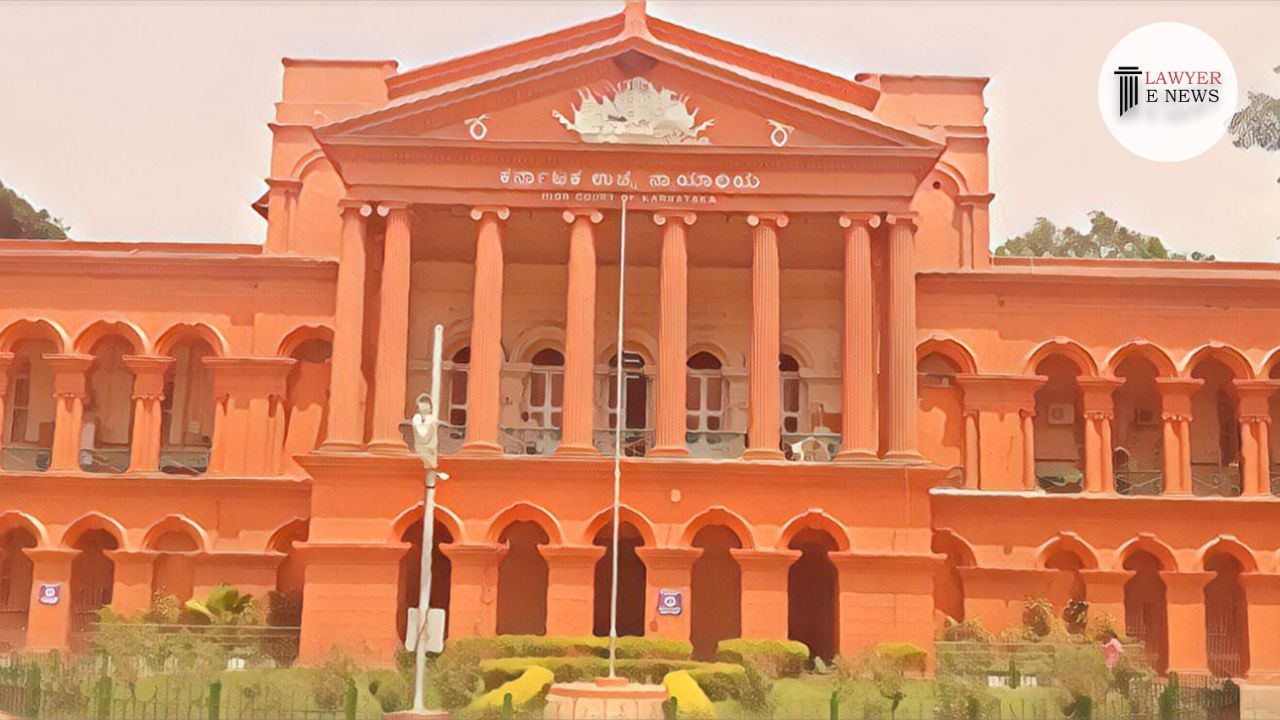-
by Admin
15 February 2026 5:35 AM



Justice Nagaprasanna emphasizes the adherence to statutory provisions while rejecting requests for an expert committee and recusal of the Assessor.
The Karnataka High Court has dismissed a writ petition challenging the Karnataka Medical Council's decision to reject multiple applications, including one for the appointment of an expert committee to examine a doctor's medical condition. The judgment, delivered by Justice M. Nagaprasanna, upheld the Council's decision, citing compliance with statutory provisions and lack of substantial evidence warranting interference.
The petitioner, Dr. X, is married to Dr. Y, who was diagnosed with a porencephalic cyst in 2004. Following marital discord, Dr. X filed a complaint with the Karnataka Medical Council questioning Dr. Y’s professional capacity. After initial rejection, a writ petition led to a remand by a coordinate bench for fresh consideration. Dr. X subsequently filed three applications: for an expert committee to examine Dr. Y, for the recusal of an Assessor, and to change the Advocate on record. The Council rejected these applications, prompting the present writ petition.
The court examined the role of the Assessor as defined under Section 18 of the Karnataka Medical Registration Act, which allows the Council to seek legal assistance from an experienced advocate. Justice Nagaprasanna noted, "The Advocate appointed is only as an Assessor and not an adjudicating authority... Therefore, there can be no question of his recusal in the proceedings." The court found no merit in the petitioner’s request for the Assessor’s recusal.
Dr. X’s request for an expert committee was based on claims that the current inquiry was not proceeding correctly. However, the court highlighted the absence of any complaints against Dr. Y’s professional conduct over 26 years of practice. Justice Nagaprasanna observed, "When 20 years have passed by with the alleged problem of the husband, at least one complaint should have emerged from any patient whom the husband has treated." The court concluded that there was no immediate need for an expert committee but left the issue open for future consideration if necessary.
Justice Nagaprasanna remarked, "The reason for rejection of the application is what is argued by the learned counsel for the Council. An Assessor is appointed under Section 18 of the Act. Therefore, there can be no question of his recusal in the proceedings."
The Karnataka High Court's decision underscores the judiciary's commitment to upholding procedural integrity within statutory frameworks. By affirming the Council’s rejections, the judgment reinforces the importance of adhering to established legal provisions. This ruling is expected to influence future cases involving professional competency disputes within medical and other professional councils.
Date of Decision: June 4, 2024
Dr. X v. Karnataka Medical Council and Dr. Y
